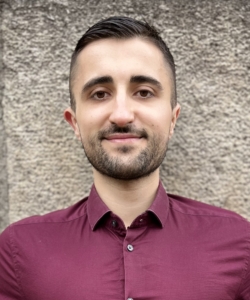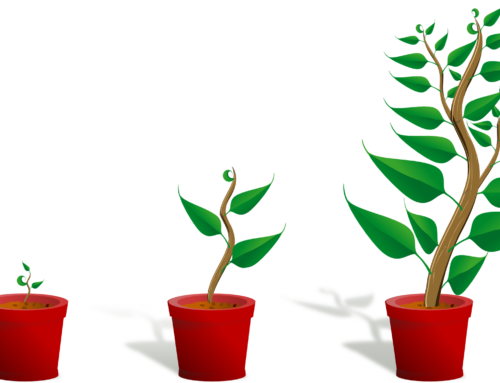16 Jun 2019
In an increasingly digital world, we are said to be becoming more polarized in our worldviews. Due to filter bubbles, we only get access to things we like, approve of or agree with. These filter bubbles create the echo chambers we live in: each of us lives in a customized universe that we misperceive to be representative of the world.
And this process is almost certainly detrimental. Even without the interference of filter bubbles, we are still plagued by confirmation bias that makes it harder for us to accurately perceive the world. As Eli Pariser puts it:
Democracy requires citizens to see things from one another’s point of view, but instead we’re more and more enclosed in our own bubbles. Democracy requires a reliance on shared facts; instead we’re being offered parallel but separate universes.
… Personalization filters serve a kind of invisible autopropaganda, indoctrinating us with our own ideas, amplifying our desire for things that are familiar and leaving us oblivious to the dangers lurking in the dark territory of the unknown.
Recently, I’ve begun listening to even more podcasts than usual. I only listen to people I choose to, to people who share my mindset and ideas. So, I am probably living in an echo chamber on my own through those podcasts.
However, I think the effect is not detrimental overall. On the contrary, it feels extraordinarily empowering. The podcasts that I am listening to are of people who have respectable ideals and a mindset that is definitely worth adopting1. I want to have the mindset they have. I want to learn from those people.
This is not to say that I am dogmatically accepting their claims. No, I have simply found people that I resonate with and I would like to grow with by using their knowledge and expertise.
This is an echo chamber that is worth being in.
Notes
1 For the curious, here are some examples of the podcasts: here, here, here, here, here or here.




